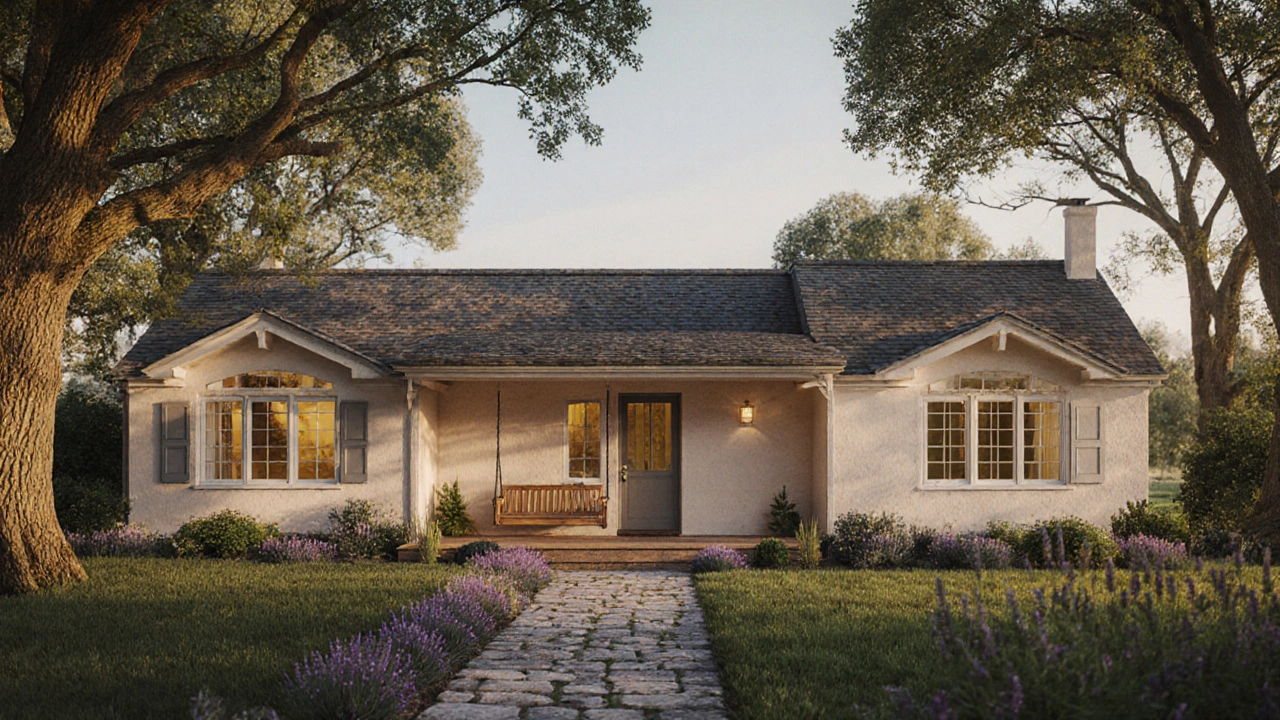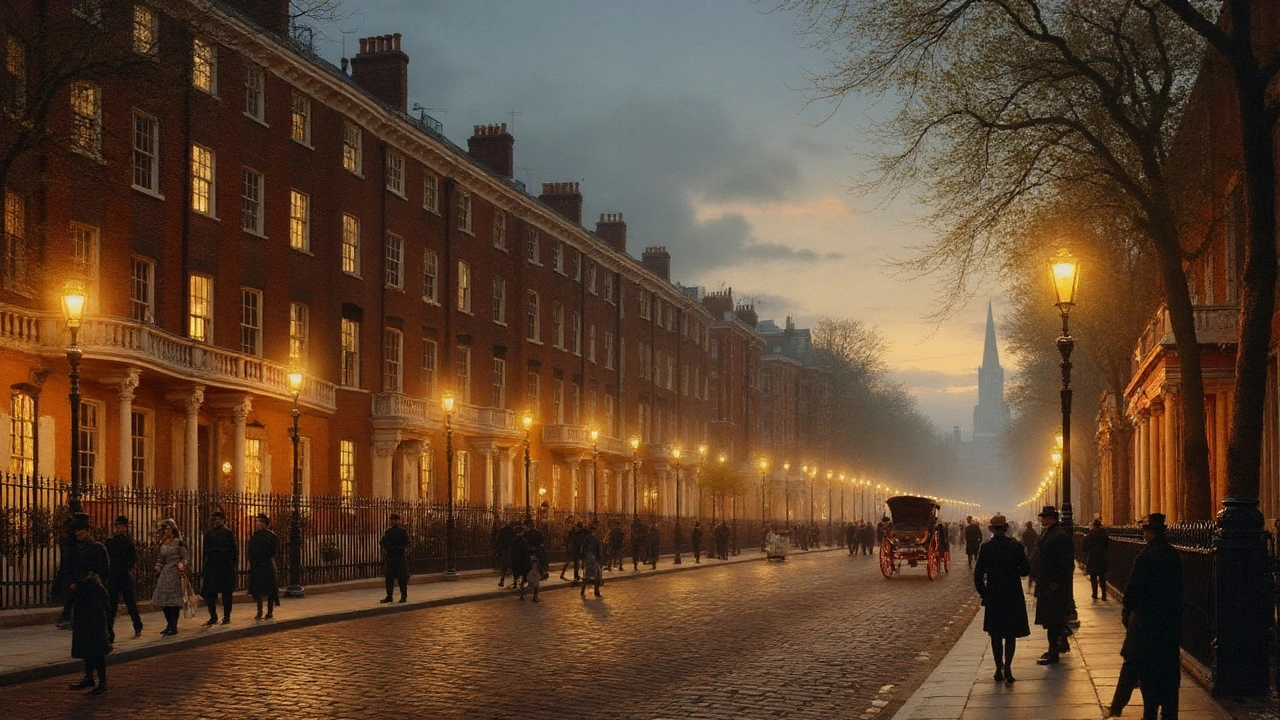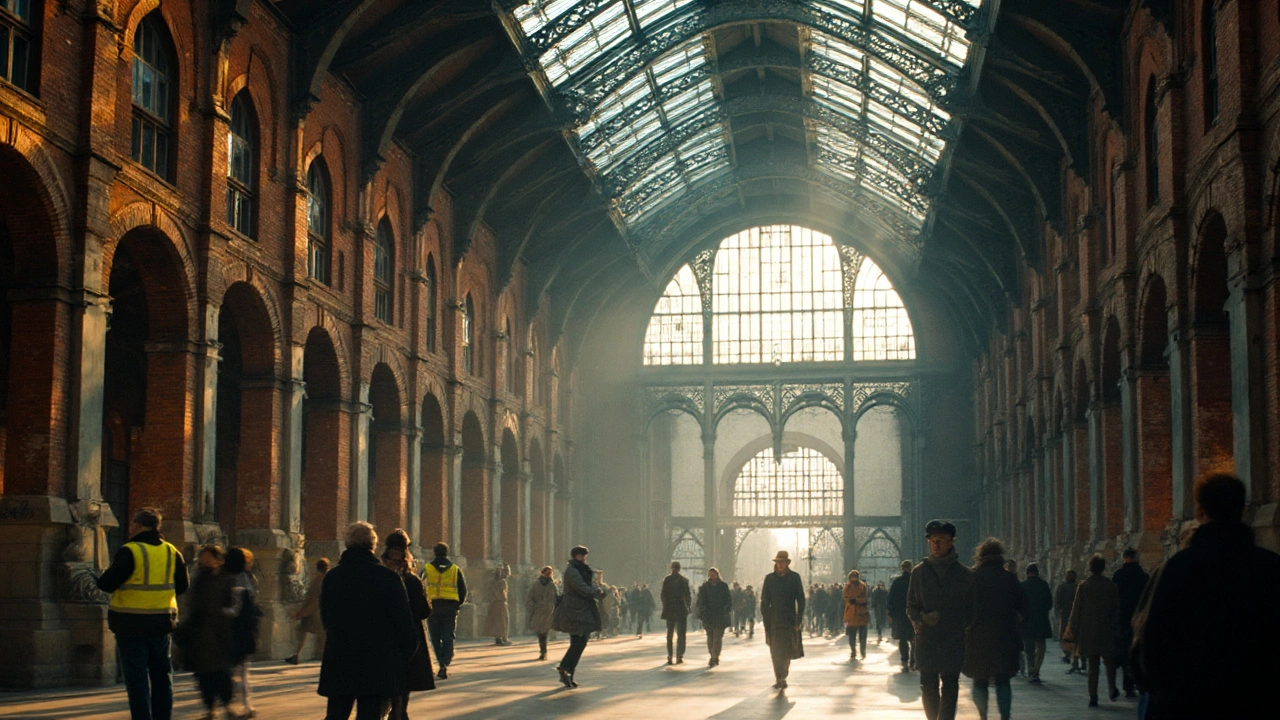Discover the ten must‑have features that make a ranch‑style house iconic, from its single‑story layout to large windows and indoor‑outdoor flow.
September 2025 Architectural Articles Archive
Welcome to the September 2025 roundup of Architectural Artistry Chambers. In this month we covered everything from classic styles like Georgian and Italianate to cutting‑edge ideas such as Neo‑Futurism. Whether you’re a student, a designer, or just someone who loves cool buildings, you’ll find a quick guide that tells you what each style looks like, why it matters, and how you can use the ideas today.
Design Styles Worth Exploring
We started with “10 Essential Elements of a Ranch‑Style House Design.” The piece breaks down the single‑story layout, low‑pitched roof, large windows, and indoor‑outdoor flow that make ranch homes feel relaxed and spacious. Next up was a visual guide to Georgian architecture, where we highlighted the symmetry, brick façades, and decorative cornices that still shape many city blocks.
For fans of avant‑garde, the Constructivist Architecture article traced its Russian roots, pointed out iconic buildings like the Shukhov Tower, and gave tips on spotting the radical geometry in modern projects. The Gothic Revival post showed how pointed arches, rib vaults, and intricate tracery once felt like high‑tech, and why those elements still work in contemporary design without looking costume‑y.
Later we dove into the Italianate style, noting the bracketed cornices, tall windows, and cupolas that give Victorian homes their Italian flair. The Roman Architecture Symbolism guide decoded the meaning behind arches, domes, and temple layouts, giving you a cheat sheet for reading ancient power symbols.
How These Articles Help You
Beyond history, we linked the past to today’s projects. The “Renaissance Roots of Modern Education” piece explained how humanist ideas turned into STEAM curricula, providing a checklist for teachers who want to bring inquiry‑based learning into the classroom. The Neo‑Futurism in Modern Tech Design article laid out clear principles – parametric design, sustainable materials, and human‑centered approaches – plus a step‑by‑step guide to make your next product feel truly future‑ready.
Each post includes a short description, a set of keywords, and practical tips you can apply right away. Want to design a ranch‑style home? Check the ten element list and start sketching your floor plan. Curious about adding a Gothic arch to a new office lobby? The revival article tells you which structural tricks keep the look safe and modern.
All the articles are organized by date, so you can jump from one style to the next and see how architectural ideas evolve. Use the archive as a quick reference library – read a piece, note the key features, and experiment in your own work.
So whether you’re planning a renovation, writing a paper, or just scrolling for inspiration, the September 2025 archive gives you a solid mix of classic insight and fresh thinking. Dive in and start turning those ideas into real spaces.
Explore the defining features, iconic examples, and lasting influence of Georgian architecture, the elegant 18th‑century style that still shapes our cities.
A clear guide to Constructivist architecture-origins, key buildings, how to spot it, and how to experience its radical beauty today.
Why Gothic Revival felt like high-tech before high-tech: the elements, engineering logic, and how to use it today without turning a building into a costume.
How Renaissance humanism shaped modern classrooms: liberal arts, inquiry, STEAM, debate, and assessment-with steps, examples, checklists, and FAQs.
What Neo‑Futurism really means for today’s tech: clear principles, practical steps, examples, checklists, and FAQs to help teams design products that feel truly future-ready.
What is Italianate architecture? A clear guide to its history, key features, regional twists, and how to spot or use it in homes-with examples and tips.
Decode Roman temples, arches, and domes. Clear symbols guide with examples, a cheat sheet, and FAQs for students, travelers, and design lovers.







